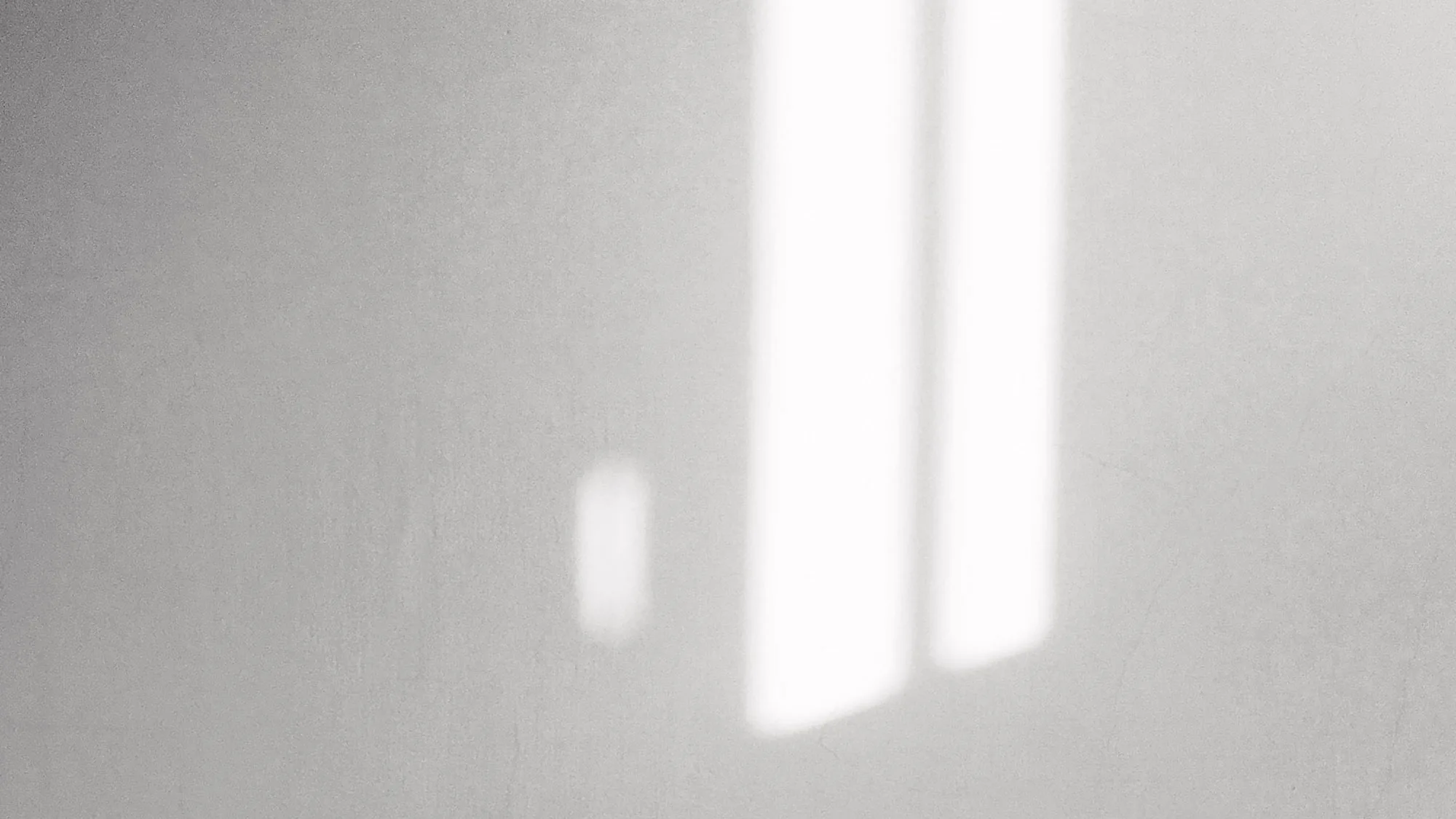
Postvention: Supporting suicide loss survivors
How can we support someone who is grieving the loss of a friend or a family member to suicide? In the immediacy of a suicide loss, providing the right support is important, but can be challenging. Postvention – the work that is done to help family and friends cope with a suicide loss – can make a difference on how the suicide impacts whole communities, including those closest to the loss.
Over the past year, we have worked to offer postvention support in a number of communities. Jessica Wolf Ortiz has been our Bereavement Coordinator for three years, and has built the program from scratch. Jessica has seen first hand the positive impact this work has had on those involved.
What is postvention, and why is it an important part of the Crisis Centre’s programming?
Suicide needs to be thought as a process not just an event. In this process we try to protect communities from thoughts of suicide coming up when life becomes challenging. This work is called prevention.
A crisis line such as ours offers support to people when thoughts of suicide do come up and can or may threaten their lives. This is what we call suicide intervention.
Lastly, when suicide has sadly happened, postvention is what is needed to support those impacted by its ripple effects. Many, many people are impacted by each suicide; it is difficult to define how many as each experience is unique, but it is always an important number. Having a postvention/bereavement program at the Crisis Centre is important as it acknowledges that everyone who is touched by suicide needs to be supported.
How have you approached building out the offerings in your postvention work with the Crisis Centre? How do you believe your work has impacted the communities you have worked with?
We have built this program on two important pillars: connection and learning. The bereavement program as part of CLE (Community Learning and Engagement) acknowledges that we need to build community, create networks, and offer resources and learning experiences to those impacted by suicide. People who are impacted by suicide have a difficult time finding resources that are specific to their needs (suicide loss is quite particular). People now know of our program and our capacity to offer them support or connect them to the right resources depending on their needs. I do think we have built a community of resonance, sameness and belonging for them, a safe space to land after tragedy has happened.
Do you think there is more that can be done in schools, workplaces and communities to support those affected by suicide loss? What supportive measures can be put in place?
There is always more to be done as suicide still happens. Hopefully we can create a community postvention model that can be tailored to each community’s needs. The earlier we intervene in a community that has been impacted by suicide, the better we can help them support each other and be self-sustainable. We need more people and professionals trained and educated around suicide loss so we can grow our resources.
What role does stigma play in suicide bereavement? How can we address stigma and promote understanding and empathy within the community?
A huge role! Suicide is still quite misunderstood and stigmatized. People impacted by suicide frequently feel isolated and blamed or judged. This stands in the way of them reaching the right resources and support and adds another layer to the already painful and complex loss.
An important part of our role in suicide postvention involves destigmatizing suicide to ease the burden they experience. Suicide can happen to anyone… I have seen it in the most loving families and have met the people who have died by suicide in the eyes of their loved ones. No difference between you and I. Reason why we have talked often in our bereavement program about the need to humanize suicide.
What else would you like us to know about postvention?
That yes, working in postvention does involve working with pain, death and trauma, but we can plant hope where there was hopelessness. Humans have an amazing capacity to touch darkness and appreciate light so much more after. Once a suicide has occurred, there is so much that needs and can be offered to those who stay.
Read more about our work supporting communities after a suicide loss
Learn more about the suicide grief support programs that are currently available at the Crisis Centre